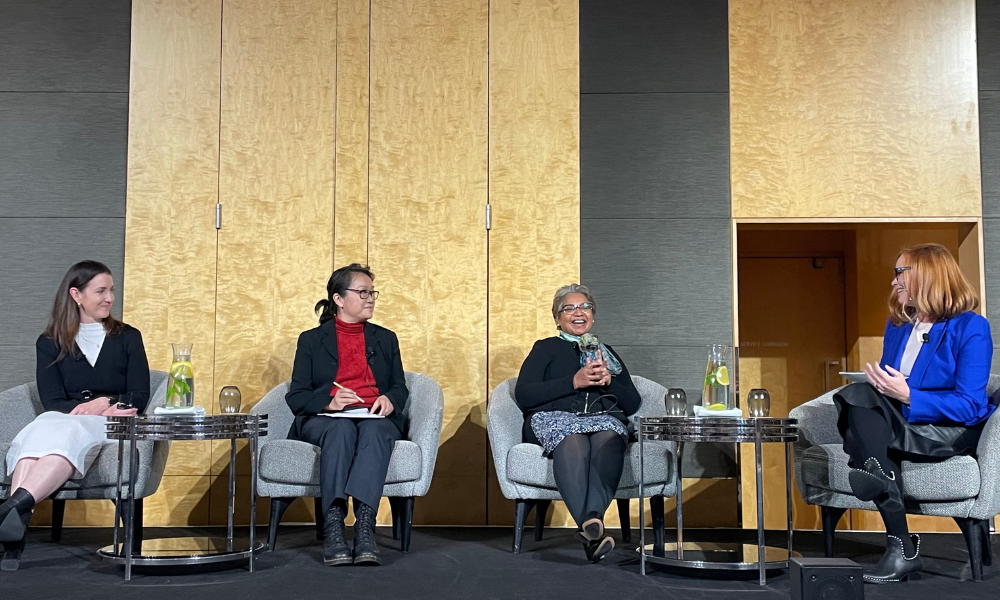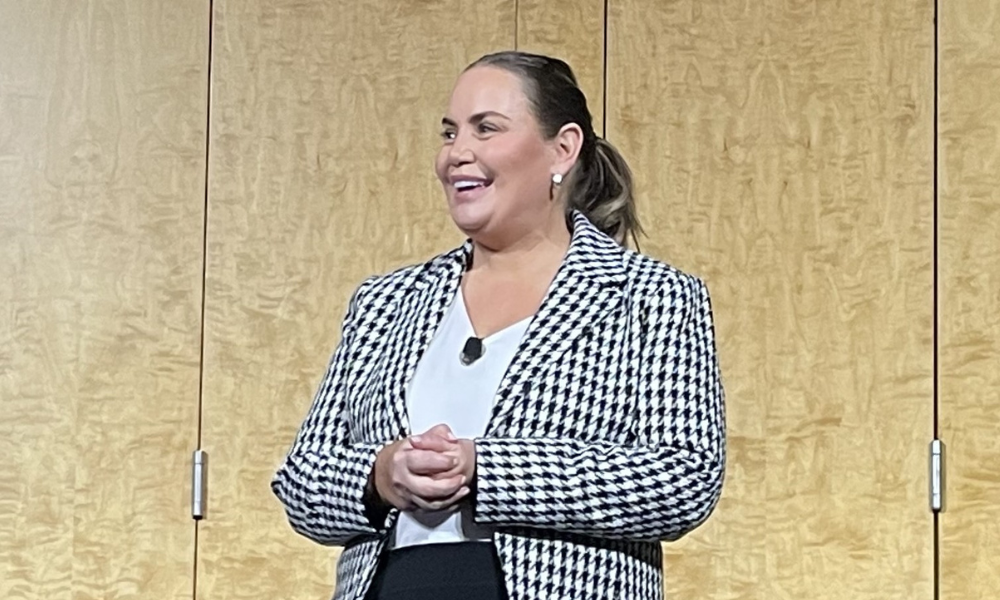
HR leaders, experts share insights at HRD Wellbeing Summit Australia

What are the things you can do before problems arise at work, that are likely to really benefit your organisation?
That’s a question Dr Tom Nehmy, director and principal psychologist at healthyminds, posed to the audience at this year’s HRD Wellbeing Summit Australia.
The question came after Nehmy used this metaphor to describe psychosocial safety: “It's really a story of the carrot and the stick.”
“For years, we've been promoting the carrot,” he said. “There are a number of benefits that come from doing wellbeing well, from doing preventive psychology. These are things like more energy, more motivation, clearer thinking, being more productive. And on the flip side, having less absenteeism and fewer problems at work.”
But Nehmy has also observed that organisations have not always been proactive or have seen prevention as the answer to psychosocial safety.
“Now, though, we've got a stick,” he continued. “And this comes in the form of legislative changes around psychosocial hazards. Safe Work Australia is telling us now that we must act to mitigate risk. Organisations can face quite serious legal consequences – and that includes leaders within organisations – if they are not able to take reasonable steps to reduce risks and they can't demonstrate that they've taken these steps. So this is the stick: we can be motivated at either end but the answer is, we need to take action.”
The Wellbeing Summit took place at the Fullerton Hotel Sydney on May 22. It featured panel discussions on topics such as reducing burnout and understanding recent regulations on psychosocial safety as well as a case study on developing a psychosocial risk management approach.
In her keynote address, former world no. 4 tennis player, Channel Nine commentator and bestselling author Jelena Dokic described her experience as an elite athlete who also suffered from abuse inflicted on her by her father.

She highlighted the importance of finding her self-worth and seeing the strength in vulnerability when she was able to share her story. But Dokic also emphasised how important it is to have someone to believe in you. For her, it was former Australian tennis player Todd Woodbridge, who encouraged her to become a commentator after she retired from tennis.
“You need someone to be there for you,” she said. “You need others to believe what you're going through but also to believe in you, that you're capable of anything. So be that for someone.”
In the panel, “Wellbeing Success Stories,” Nicki Luther, senior director, human resources at Stryker described her company’s approach to wellbeing.
“Our approach to wellbeing is very much about helping people feel happy and fulfilled and connected, with a sense of purpose,” she said.
Luther said Stryker has a wellbeing framework that is built around the key principles of the book Wellbeing at Work by the Gallup organisation.
“It's around a couple of different pillars,” she explained. “We've got career wellbeing, emotional wellbeing, physical wellbeing, financial wellbeing and social wellbeing. And it's very much around the premise that unless you're thriving in all aspects of your life, it's actually going to be very hard to thrive at work.
“So it's about helping our people see how they're going against those different aspects of their life. And how can we support or how can they drive improvement in different areas.”
The company would look at some initiatives it was already doing but would help staff see how it was connected to their wellbeing, Luther said. For example, rather than saying that there will be a talk by a superannuation provider, the company would approach it as “Let’s focus on your financial wellbeing.”
Gaya Srikumar, senior director people experience, EM Asia & Developed Asia at Pfizer, explained how the company has listening sessions.
“We encourage our colleague resource groups to bring feedback and insights,” she said. “And we change our programs based on the feedback that has been escalated to us.”
VetPartners chief people officer Dr Michelle Phipps suggested the need to consider the purpose of your organisation when figuring out the best strategies to bring about wellbeing. For VetPartners, it was a Pets at Work policy.
“At the end of the day, the reason why you work for VetPartners is because you love animals,” she said. “It's something small but it's something meaningful for all of the offices that we've got, that you can bring your pets to work.”
In the panel about “Selecting cost-effective wellbeing benefits for your workforce,” Jessica Farrell, general manager, people and culture at Publicis Groupe, described how the company taps into avenues such as its employee resources groups to better understand their staff needs.
“If we're seeing that there's a high spike in sick leave in a particular area of our business, what are the things that we might be able to do, to look at focus groups or discussions with those employees about what's happening, why it's happening and how we can go about tailoring some of our initiatives to then support them,” she said.
When Nick Lee OAM, co-director and partner of healthyminds, addressed delegates, he said he was thrilled to see that there is no longer a debate about whether there should be an investment in the wellbeing of employees.
“The focus is very much on the how to best integrate wellbeing as part of the strategic agenda because it's important to our staff,” he said. “And caring for our staff is good for business.”